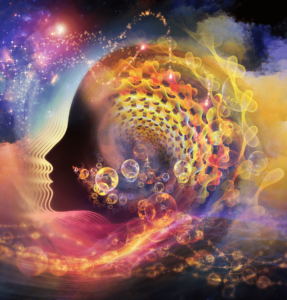Nearly 400 years ago, Robert Burton recommended the use of cannabis to
treat depression in his book "The Anatomy of Melancholy." Although much
of what Burton wrote can be disregarded — for example, he claimed that
spirits, witches, stars and magicians cause depression — research is
now supporting his treatment recommendation.
Depression Facts
Depression is one of the most common mental health disorders in the
world. The World Health Organization
(WHO) estimates
that 350 million people worldwide are affected by depression. In the
United States, approximately 16 million
adults,
or about 6.9 percent of the population, have at least one major
depressive episode each year.
According to the
WHO, depression
results from "a complex interaction of social, psychological and
biological factors." Risk factors include:
- Family history
- Physical illness
- Chronic
stress - History of other mental disorders
- Alcohol or substance abuse
- Major life changes (giving birth, job loss, family death)
- Environmental factors, such as abusive childhood and poverty
The Depressed Brain
Patients with major depression and bipolar disorder have been found to
have structural
changes
in areas of their brains that control mood and memory, including the
hippocampus, the thymus and the amygdala. In depressed patients for
example, the hippocampus is smaller and the number of nerve cells are
reduced.
Neurotransmitters,
chemicals that relay messages between nerve cells, may also be affected
by depression. This is the theory behind most anti-depressive
medications today. For instance, low levels of serotonin, which helps
regulate mood, sleep and appetite, have been linked to
suicide.
Selective serotonin uptake
inhibitors,
such as Paxil® and Zoloft®, help replace the missing serotonin.
Depression and Endocannabinoids
The endocannabinoid system in the body produces chemicals that are
involved in appetite, pain sensation, memory and mood, among other
things. A recent
study
found that chronic stress reduces endocannabinoid production. This
finding suggests that tetrahydrocannabinol in medical marijuana may help
combat depression, caused by chronic stress, by supplementing lacking
endocannabinoids.
Marijuana Use and Depression
There has been some
[speculation](https://www.jstor.org/stable/2676359?seq=1# page_scan_tab_contents)
that recreational marijuana is linked to depression, but researchers are
now finding this may be related more to the state of the user prior to
taking marijuana than to its actual use. In a large
study
of 4400 respondents, researchers found that occasional and chronic users
of marijuana reported less depression than those who had never used the
drug.
While Burton may have gotten his science wrong with regard to the causes
of depression, his anecdotal evidence of the effects of cannabis on
depression are now proving valid.






